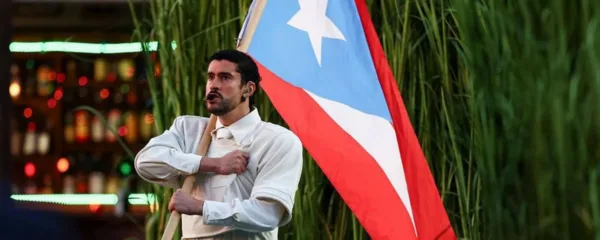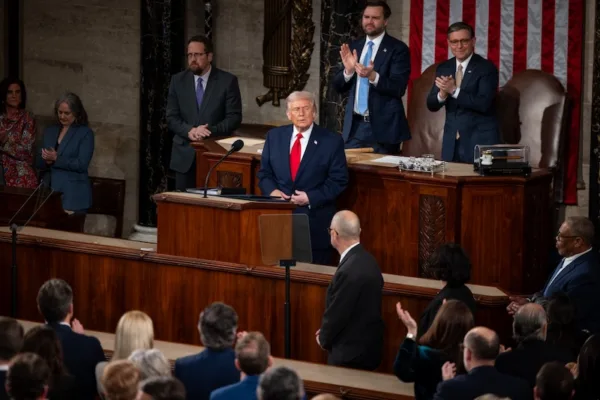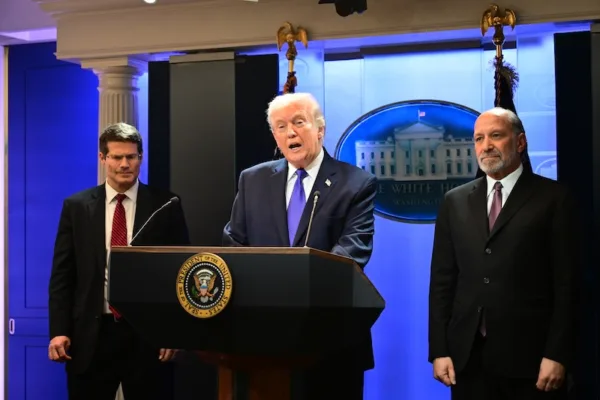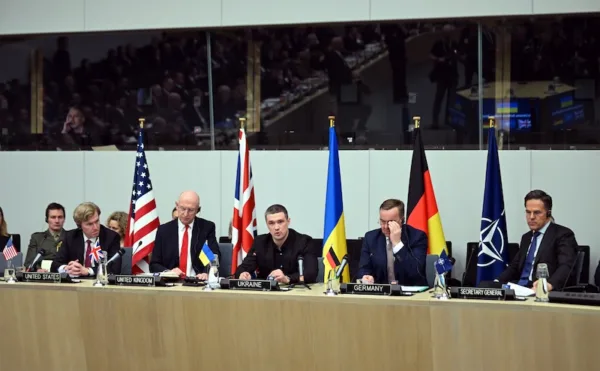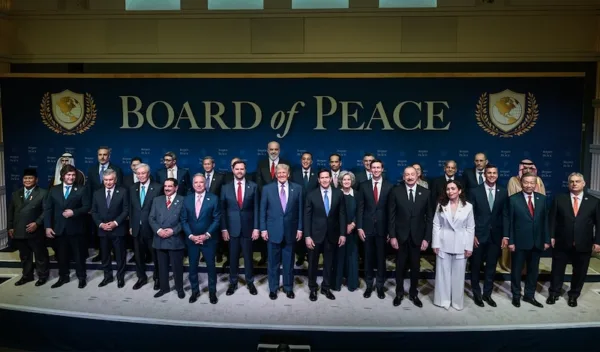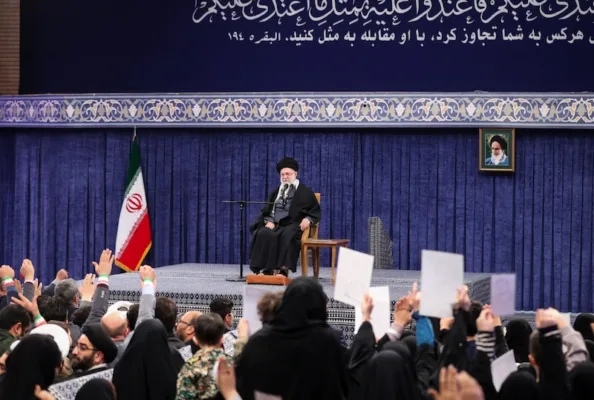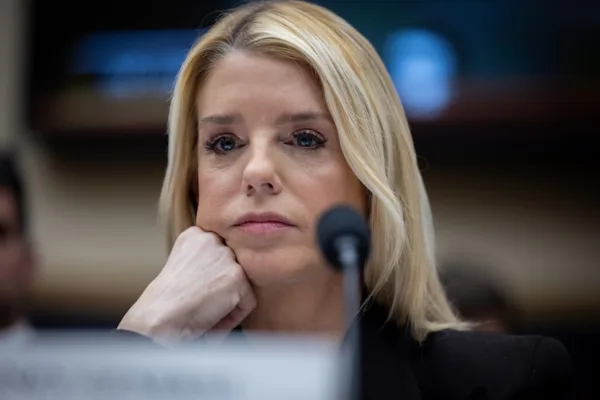Multiculturalism Under The JDP Government: Kurds, Alevis, And Other Minorities In Turkey
Young Scholars on Turkey (YSOT) Program Presents:
Şener Aktürk, Assistant Professor at Koç University, whose conducting his post-doctoral research at Harvard University spoke on “Multiculturalism under the JDP Government: Kurds, Alevis, and Other Minorities in Turkey”. Talha Köse, Co-Director of the Young Scholars on Turkey Program at SETA Foundation moderated the discussion following thepresentation.
Event Summary:
Akturk first described the backdrop of ethnic rights policy in Turkey prior to the period of 2004-2009. He addressed the transformations in Alevi and Kurdish demands for recognition and explained what he sees as the successful changes in Turkey’s ethnic identity rights profile under the Justice and Development party (AKP) government was began in 2004. “Thirty years ago in Turkey the presence of ethnic diversity would have been denied”, Akturk said. He pointed out the closure of the Socialist Labor Party of 1970, suppressed because the party demanded an ethnic solution to the structural problems within the Turkish state. The party had served as a vehicle for Kurds and Alevi’s in particular, to voice demands for ethnic diversity rights. He went on to mention the missed opportunity for changes in ethnic diversity policies under the Demeril government in 1991, and detailed the failed attempts at reforming state policies towards ethnic diversity in Turkey since the 1980 military coup. Akturk described the 1980 military coup as the most critical setback to reform, and reinforced this point by saying that if the 1980 coup hadn’t happened we would be analyzing a very different political environment.
The central theme in Akturk’s research addressed the actors that provide the impetus for reform of policies on ethnic diversity. He suggested four more prominent contributing factors for change. The first is hegemonic policy, which Akturk argues did not happen in the case of the Turkish state, and is this is very rare he asserts. The second factor, he said, results if the state collapses or if there is a border change, which did not happen in the case of Turkey. Third, he described internal reforms which manifest from external impositions, or pressures from outside. The final actor, he explained are international norms, or “global waves” which are capable of providing the catalyst for change in policy.
In the case of Turkey however, Akturk argues that three conditions converged to create what appears to be a more sustainable institutional framework for building policies on ethnic diversity, under the JDP. First and foremost, what had to be present, he said, was representation within Turkish parliament. This has happened under the JDP, he argued. Now the constituents have gained representation with the largest representation of Kurds in government in history. Akturk describes the system by which ethnic diversity policy was formed under a formula resembling: “the counter-elites, plus new discourse, plus hegemony, equals change.”
The theoretical basis of the JDP’s state’s approach is seated in the Ottoman Islamic model and idea of multiculturalism: ethnic, linguistic, and sectarian diversity. During the Ataturk reform years of 1923 through the 1950’s there was a pronounced movement away from the secular and linguistic nation-building model premised on assimilation, Akturk said. Akturk also asserted that the triangular setting of Sunni, Alevi and Kurds that formed, which has proven to be more successful.
Looking ahead to the possibilities of the next national election in Turkey, he addressed how these institutional policy reforms may be impacted under a new party. If the JDP government does not win re-election, for example, if the National Action Party (MHP) and the Republican People’s party (CHP) coalition wins. Akturk suggested that it’s highly unlikely that the reforms that started under the JDP would be eradicated or drastically changed. He further explained that though political regimes may change, it’s less common for such institutional structures or initiatives to be lifted.


